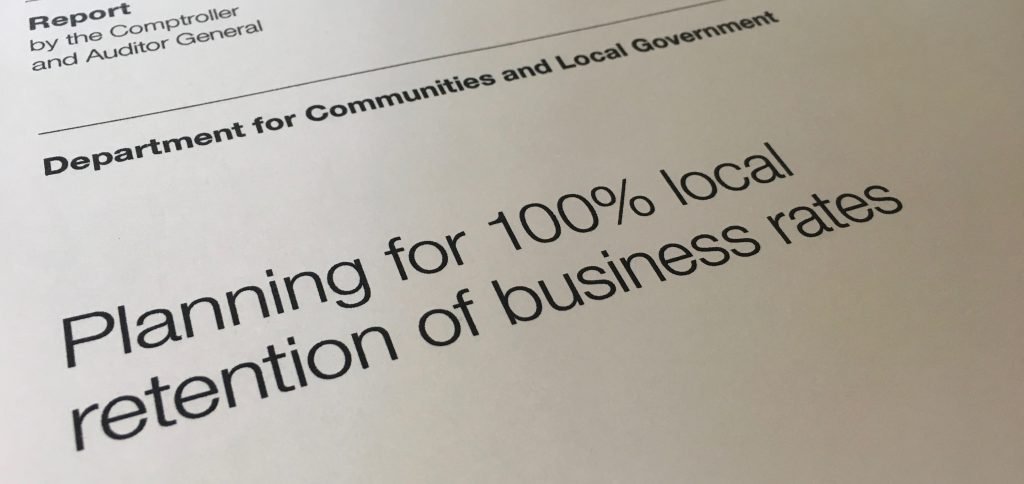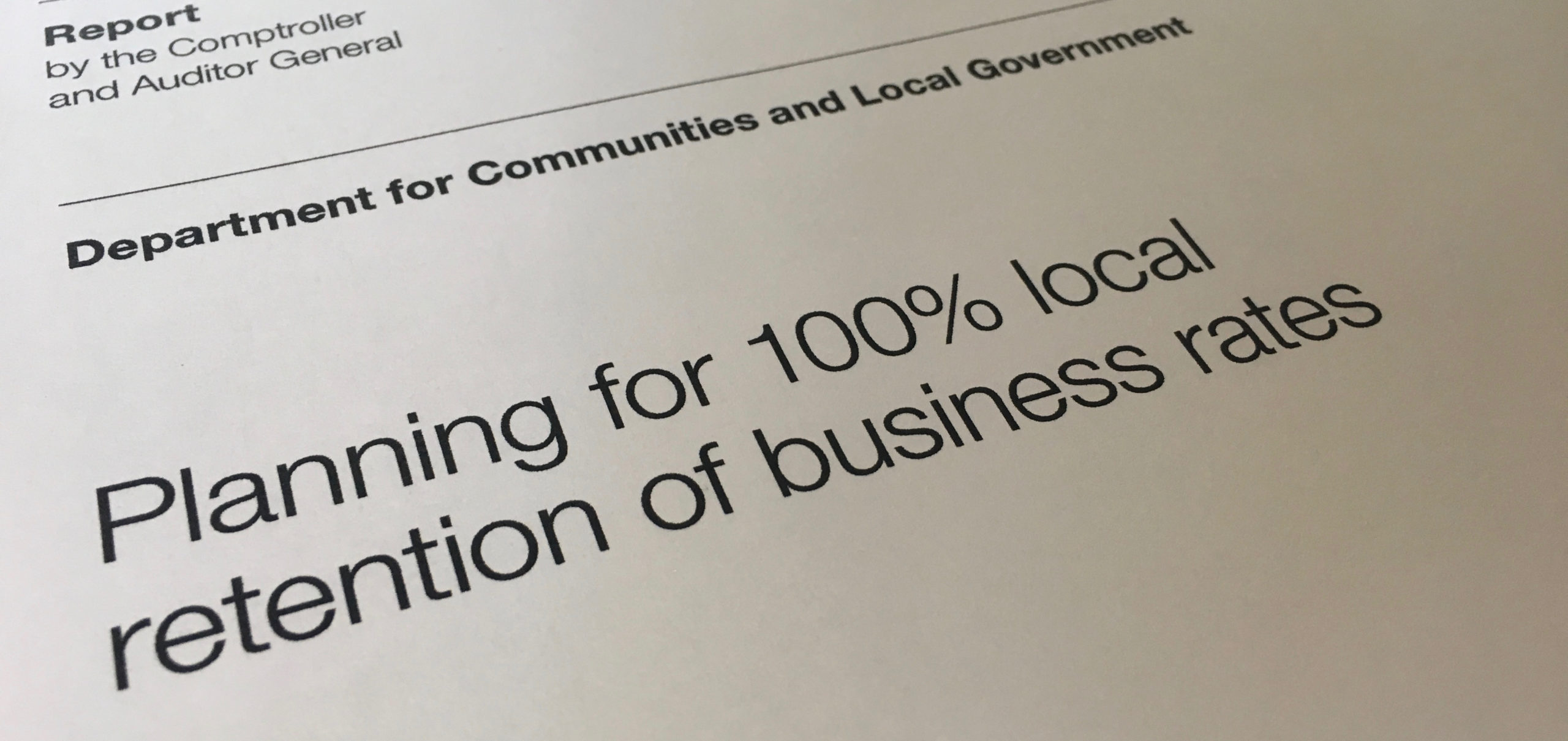 The introduction of 100% business rates retention by April 2019 is now in doubt due to the announcement of June’s general election.
The introduction of 100% business rates retention by April 2019 is now in doubt due to the announcement of June’s general election.
In a major U-turn, the prime minister said that the poll would provide a chance “to guarantee certainty and stability” for the years ahead.
But local government minister Marcus Jones yesterday told a committee of MPs that the Local Government Finance Bill, which will enshrine rates retention in legislation, is unlikely to be passed before parliament is dissolved.
Christopher Chope MP, member of the communities and local government select committee, asked Jones if he was confident that the government can now meet its target of introducing 100% rates retention for local authorities by April 2019.

Jones replied: “At this point it is extremely difficult to see that we would pass report stage, third reading and the Bill to go through the Lords and all the remaining stages before we get to prorogation. Naturally, the bill will fall.
“When we get a new government, it will need to look at the priorities and bring forward the legislation as it sees fit.”
Emma Norris, programme director at the Institute for Government, said that the Bill is unlikely to complete its passage through parliament before the election.
She said that the reforms have “little prospect of making it through in time and will likely have to be restarted in the next Parliament”.
Communities secretary Sajid Javid told the committee that the election would also delay the announcement of pilot schemes to test the new business rates retention system.
He said: “That would have required a ministerial decision and that clearly cannot happen until a new government is in place.”
It is understood that the Department for Communities and Local Government this week cancelled the next round of meetings being held by the steering group and sub-groups working on the shape of business rates retention.
In March, the National Audit Office said that introducing the scheme on time will be challenging due to a cut in resources for the department, and the fact that it is also undertaking a fair funding review.
“There is a risk that the pressure to deliver by 2019-20 might result in a narrowly defined scheme, or one that has not been tested enough,” the report said.
Rob Whiteman, CIPFA chief executive, said: “Beyond Brexit, a general election does give us a chance to debate openly the affordability of long held policies, like the triple lock on pensions and differential rates of national insurance for the self- employed.
“And most importantly public service leaders will be hoping that in this campaign there will be no undeliverable promises made about the future funding of public services.”













